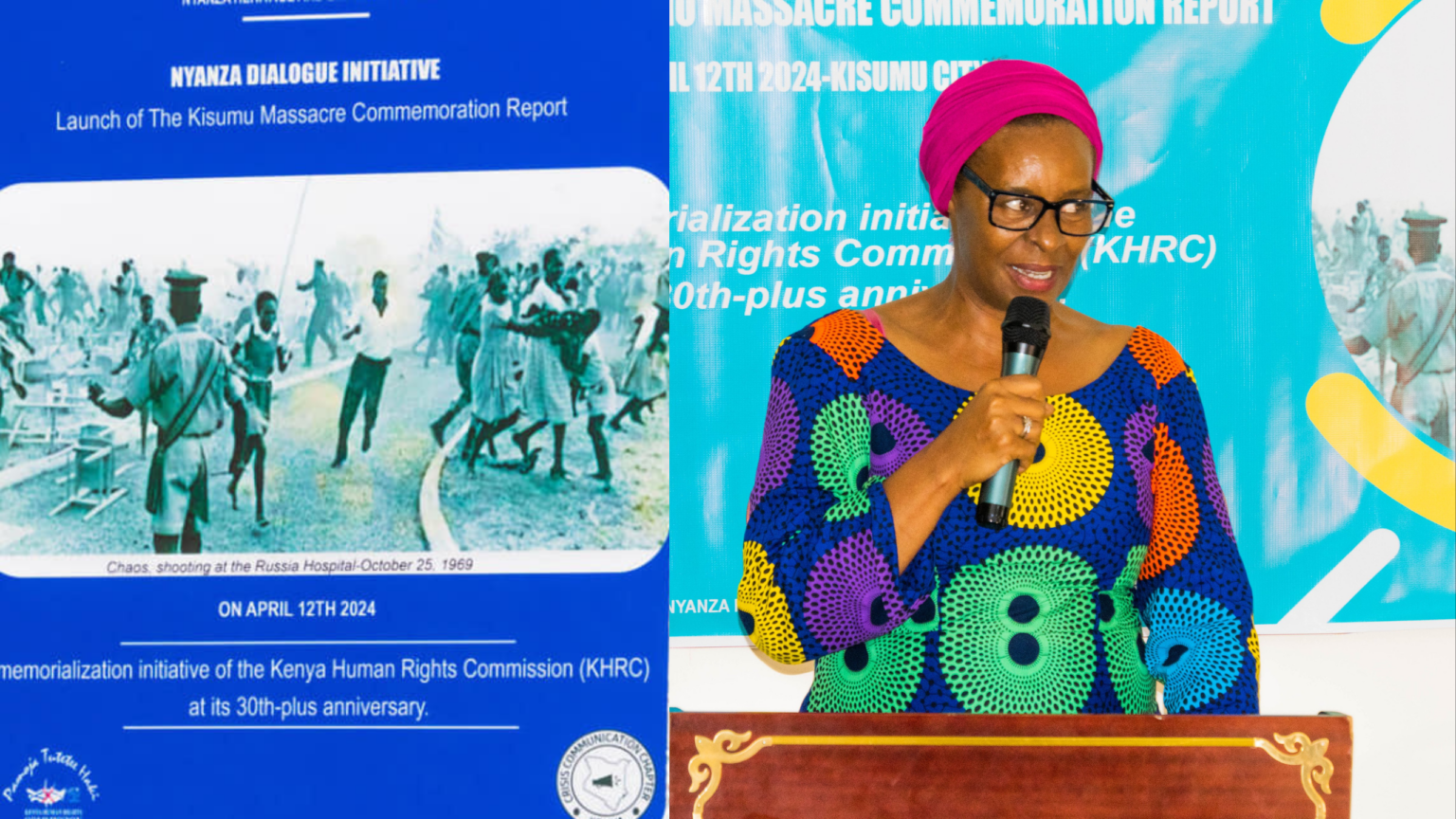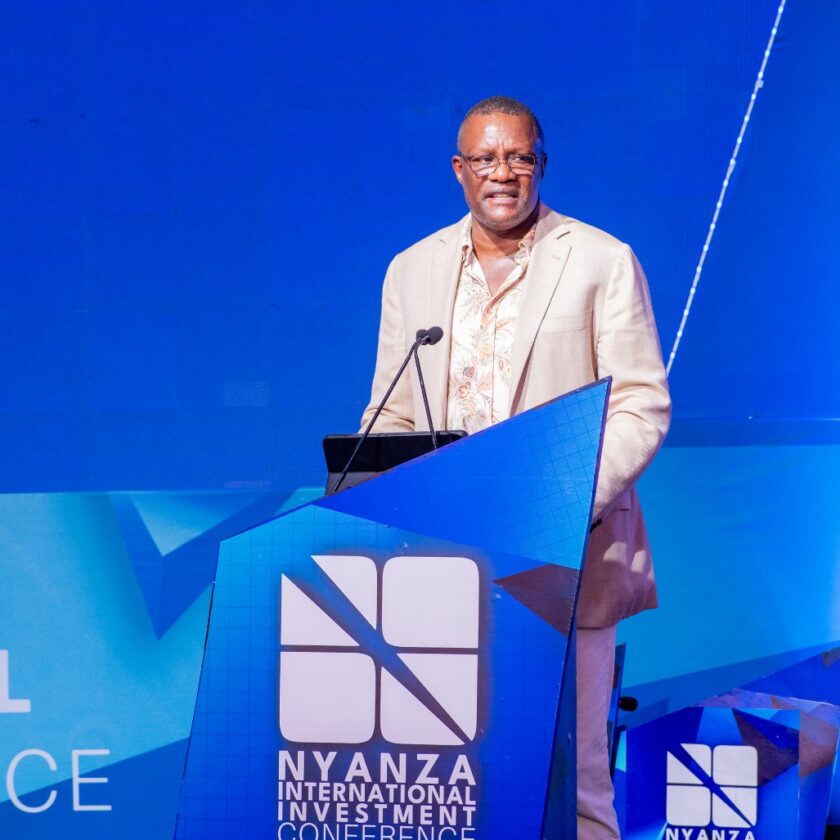The Nyanza Dialogue Report 2023 is an evocative and detailed account of the 54th anniversary commemoration of the Kisumu Massacre, an event that has profoundly shaped the socio-political landscape of Kenya’s Nyanza region. The report meticulously chronicles the historical context, discussions, and reflections that emerged from this seminal gathering, underscoring the enduring legacy of state brutality and the quest for transitional justice.
The report begins by situating the Kisumu Massacre within a broader historical framework, highlighting the sustained state violence and marginalization experienced by the Luo community in Nyanza. The massacre, which occurred on October 25, 1969, during a visit by President Jomo Kenyatta to inaugurate the Nyanza Provincial Hospital, left over 100 people dead. This tragedy marked a pivotal moment in the region’s history, emblematic of the state’s oppressive tactics against dissenting voices and communities perceived as politically subversive. The event underscored the deep-seated animosities and ideological rifts within the Kenyan political landscape, particularly between the followers of Jaramogi Oginga Odinga and the ruling administration led by Mzee Jomo Kenyatta.
The inaugural commemoration aimed to foster a space for inter-generational dialogue, reflection, and healing. It sought to honor the victims of the massacre and to galvanize community efforts towards achieving transitional justice. Key speakers at the forum, including Mzee Onyango Radier, a former aide to Jaramogi, and other notable figures, provided poignant recollections and analyses of the historical and political dynamics that culminated in the massacre. Mzee Radier, for instance, recounted his personal experiences and the broader socio-political climate of the time, emphasizing the calculated nature of the state’s actions and the subsequent marginalization of the Luo community.
The Role of Youth and Women in the Ongoing Struggle
The report captures the intense emotions and debates that characterized the forum. Participants delved into the systemic issues that have plagued the region, including political disenfranchisement, economic marginalization, and the erosion of cultural and historical narratives. The discussions highlighted the importance of documenting and preserving the community’s history, as well as the need for continuous dialogue to bridge generational gaps and foster a shared understanding of past struggles.
Several key themes emerged from the plenary deliberations. One significant theme was the role of leadership in perpetuating or mitigating state brutality. Bishop David Kodia, in his keynote address, criticized the inflammatory rhetoric of political leaders and called for a more strategic and conciliatory approach to leadership within the Luo community. He underscored the need for leaders to provide accurate information and to work collaboratively with the government to advance the community’s interests.
Another critical theme was the role of youth and women in the ongoing struggle for justice and equity. Speakers like Joseph Oduor and Betty Okero highlighted the active participation of young people and women in political and social movements, despite facing significant challenges. They emphasized the importance of empowering these groups and ensuring their contributions are recognized and valued in the broader community discourse.
The report also detailed the recommendations and future directions proposed during the forum. These included calls for public hearings commissioned by the Kenya National Commission on Human Rights (KNCHR) to document and address historical injustices, the establishment of memorials and documentation projects to preserve the region’s history, and initiatives to strengthen the capacity of local leadership and civic institutions. The participants advocated for a multi-disciplinary approach to research and documentation, involving academic institutions, human rights organizations, and community groups.
The Nyanza Dialogue Report 2023 emerges as a profound and compelling document, shedding light on the urgent necessity for ongoing dialogue, reflection, and proactive measures to confront the historical and persisting injustices endured by the Luo community in Kenya. This report eloquently captures the indomitable spirit and resilience of the Luo people, who are steadfast in their pursuit to honor their past, demand justice, and strive for a more inclusive and equitable future. It serves not only as a strong reminder of the tragic Kisumu Massacre but also as a powerful clarion call for sustained efforts towards reconciliation and transitional justice.
By weaving together the threads of memory, justice, and hope, the Nyanza Dialogue Report 2023 stands as a beacon for change, urging all stakeholders to engage in meaningful and transformative action.
Kenneth Ochieng




